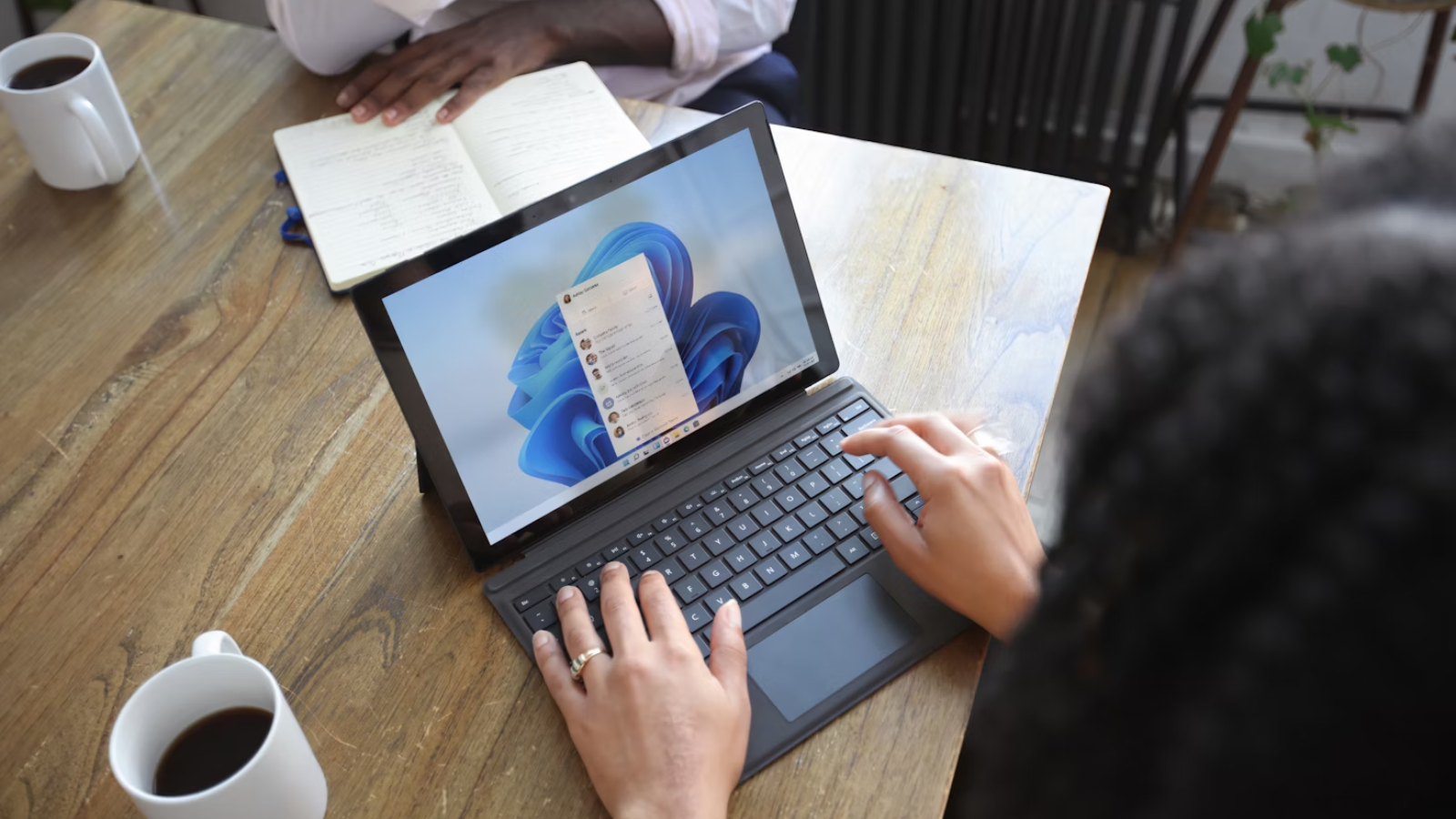Microsoft: Leave the mundane to the robots — AI is an “opportunity for humans to become more human”
IT leaders need to be proactive to help their business embrace AI, Microsoft says

Although now a popular sight in workplaces (with research claiming many of us have already tested it out) the number of workers use Artificial Intelligence in their daily lives remains small - at least for the time being. The buzz around AI is unavoidable, and most of us think it could make our lives easier, so how do we make that happen?
It’s undoubtedly here to stay, but more businesses need to embrace AI to see its value. Or at least, that’s what Microsoft thinks.
TechRadar Pro spoke to Rob Smithson, Microsoft’s UK Business Applications Lead, to hear about how AI will affect the job market of tomorrow.
Motivate and incentivize
“There's great opportunity for small businesses and it's not beyond them to be able to afford the products that enable them to sort of keep up, or even take a step ahead of their competitors that don't have the best," Smithson says, noting how AI can be used by businesses of any size to reduce workloads and streamline processes.
Microsoft is keen to market AI as a great leveller, particularly for smaller businesses who perhaps don’t have the resources to employ big teams; for example, in designing and programming HR workflows,
“Get the AI to do a lot of that manual programming," Smithson notes. “So not only does it require a lot less effort from that team, but that team can then spend their time elsewhere in the projects or the project ends up being shorter, potentially better value for the customer.”
Evolved, not eliminated
That doesn't necessarily mean a loss of jobs, Smithson says, but rather an evolution. In the Microsoft vision, workers who handle the more menial stuff, data entry, for example, will simply shift into a more ‘value add’ position, such as data analysis.
Are you a pro? Subscribe to our newsletter
Sign up to the TechRadar Pro newsletter to get all the top news, opinion, features and guidance your business needs to succeed!
“And I think humans love human interaction, don't they? They love to feel like they got an answer from a human, and that they can trust what they hear.”
"I personally see it as a great opportunity for humans to become almost more human and AI to take away a lot of that time-wasting activity that humans have put their resources into traditionally.“
Microsoft isn't alone in this way of thinking, with recent analysis from 3M showing that 40% believe that AI will free up their time by taking care of menial tasks, allowing them to be more productive.
There’s a flip side to this, of course, with over a third of IT workers concerned generative AI could replace their jobs in the next five years.
But Microsoft sees this as an opportunity, for IT leaders especially, to add a ‘significant amount of value to themselves’ by getting on the front foot and ensuring they fully understand AI and how it can be implemented in their business.
By positioning themselves as the AI experts, IT leaders can seize the opportunity that AI presents, rather than fall victim to the takeover, Smithson says.
Microsoft pointed to some success stories, with large businesses like Virgin Atlantic reporting productivity gains, as much as 70-80% after they adopted Microsoft’s Copilot and GitHub copilot software.
The takeaway from the conversation is that AI will have an impact on how we work, and for a lot of us it's already doing so. Microsoft is certainly optimistic about the future of the tech, and the opportunities will become clear in the coming months and years.
More from TechRadar Pro
- Check out our pick of the best firewall software around
- FBI claims China could be set to launch attacks on US infrastructure any day
- Take a look at our pick of the best antivirus for PC

Ellen has been writing for almost four years, with a focus on post-COVID policy whilst studying for BA Politics and International Relations at the University of Cardiff, followed by an MA in Political Communication. Before joining TechRadar Pro as a Junior Writer, she worked for Future Publishing’s MVC content team, working with merchants and retailers to upload content.